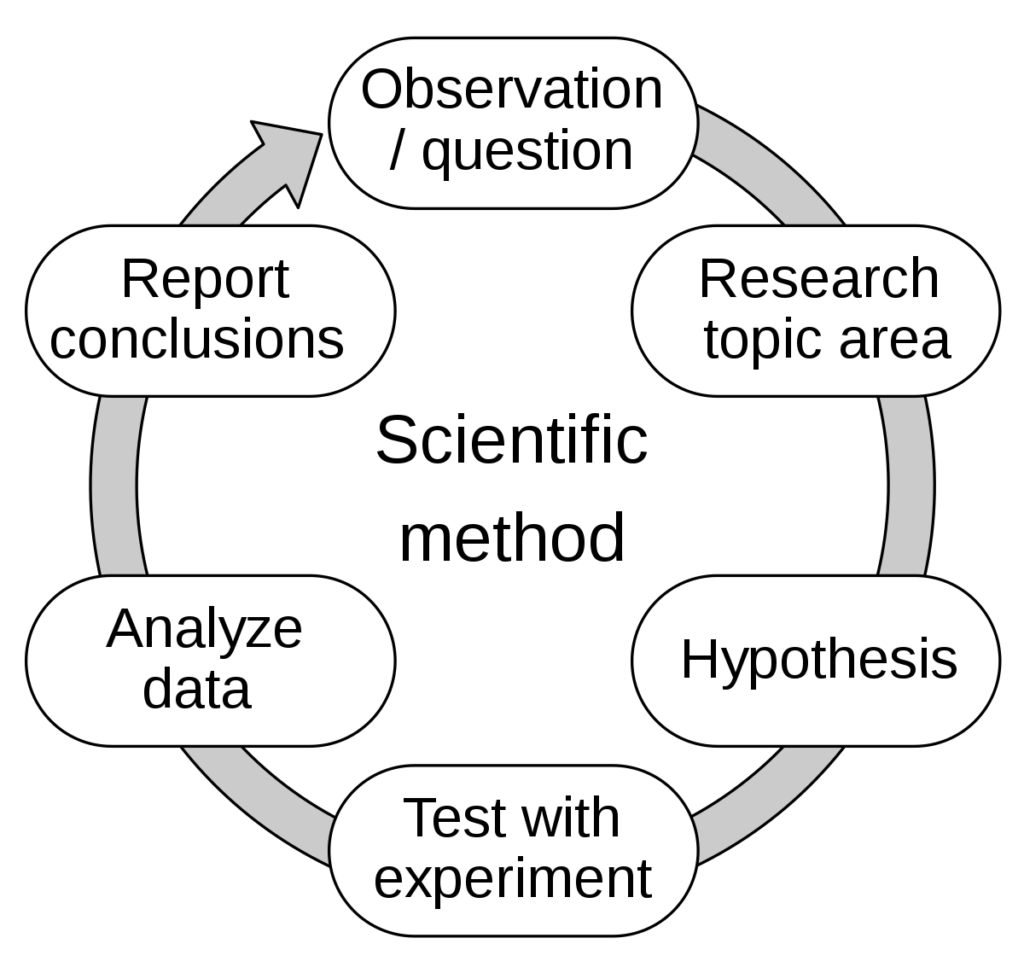Home / Principles /
2 Process over tactics
Article originally published in March 2024 by Stuart Brameld. Most recent update in March 2024.
Request a demo
Project management for growth and agile marketing professionals. Map your acquisition funnel, integrate analytics and run agile experiments.
Experiment results
Recent experiments results include competitor SEO, AI-driven content, exit-intent modals and AB testing homepage headlines.
Case study
"We are on-track to deliver a 43% increase in inbound leads this year. There is no doubt the adoption of Growth Method is the primary driver behind these results."
![]()
Certified
We are vetted mentors with Growth Mentor and a partner with the Agile Marketing Alliance.
“Growth has nothing to do with tactics and has everything to do with process. Silver bullets don’t exist, you need a growth machine.”
Brian Balfour
Look inside many functions within a business – sales, finance, research & development, IT – there is often a process discipline that doesn’t exist in traditional marketing teams. Conversely, look behind the curtain at any success growth team and you’ll discover a team committed to executing the scientific method – a systematic approach to understanding phenomena through observation, experimentation, and hypothesis testing.

If you can’t describe what you’re doing as a process, you don’t know what you’re doing.
W. Edwards Deming
Reducing uncertainty through experimentation
Many marketing teams operate in a haphazard way, flinging ideas and tactics around like spaghetti trying to see what will stick with no overarching plan – another blog post, another feature announcement, another ad campaign. This is no way to generate long-term growth in a predictable, reliable way. In fact, it actively prevents it.
The combination of your business, your product and your customers is unique. What worked for someone else, at another company, with a different target audience isn’t automatically going to work for you. Applying most marketing advice and tactics found online often leads to more chaos, more spaghetti on the wall.
The real problem is a lack of strategy and process. The experimentation process provides marketers an opportunity to challenge assumptions and reduces battles of opinions in favour of empirical evaluation.
Process process process
As a growth team you should aim to refine your processes around every element of growth, including:
- Ideation
- Work prioritisation
- Experiment design
- Experiment cycle time (we recommend 28 days)
- Continuous improvement and iteration
- Stakeholder engagement
- Weekly, monthly and quarterly growth meetings
- Documentation and reporting
There are many ways to manage your growth marketing system though email is not a business system and is definitely not a way to manage a marketing or growth team. Clearly we have a preference for our own tool, but there are many. See our marketing project management software review for more information.
To summarise
Marketing teams often hear about tactics online and jump from one to another one. They can even get trapped in the “hack loophole”, trying to find that elusive silver bullet (spoiler alert – silver bullets don’t exist in life, or in growth).
There are no quick wins or silver bullets when it comes to growth. Adopting new tactics and technology isn’t the answer. Successful growth teams apply discipline and rigour to every aspect of the marketing oraganisation.
Growth marketing strategy principles
-
1 Focus over diversification
“Our 2023 marketing strategy is to invest in Twitter organic, Linkedin paid ads, content marketing, SEO and email”. Some practitioners call this spray and pray marketing, Emily Kramer calls it random acts of marketing. Whatever you call it, this isn’t a growth marketing strategy, this is a list of random tactics and channels. The worst… Read more
-
2 Process over tactics
“Growth has nothing to do with tactics and has everything to do with process. Silver bullets don’t exist, you need a growth machine.” Brian Balfour Look inside many functions within a business – sales, finance, research & development, IT – there is often a process discipline that doesn’t exist in traditional marketing teams. Conversely, look… Read more
-
3 Always-on assets over one-off campaigns
Let’s run a campaign? No. Your growth marketing strategy should focus on building assets that can deliver compound growth over time. One-off marketing programs, initiatives and campaigns should be avoided at all costs. One-off marketing campaigns If you or your team do one-off activities, such as any of the following, stop now: No successful company has been… Read more
-
4 Impact over activity
A growth marketing strategy should prioritise impact over activity, which typically means being aligned to business revenue. At Growth Method we believe every marketing function should contribute to revenue and should should be part of the core revenue engine, alongside sales. “Position marketing as a strategic growth lever for the company. Know the math for… Read more
-
5 Data over opinions
A good growth marketing strategy uses data to guard against opinions, feelings, emotions and bias. With a combination of both quantitative and qualitative data growth teams can bring together the what and the why in order to make more informed decisions. Data should inform all aspects of your growth marketing programme including: Data-informed, not data-driven… Read more
-
6 Speed over perfection
A big part of marketing is getting something live, noticing how the market reacts, and then iterating to make it better based on what worked well (this process is the core tenant of the scientific method). That’s why following a regular cadence of launching new experiments is a critical step in improving everything about your… Read more
-
7 Outside in v inside out
A growth marketing strategy is a customer centric strategy Understanding customers and representing their voice within your organisation is perhaps the most important job of a marketing team. The antithesis to the HiPPO marketing approach of “just listen to your manager” is customer development and “just listen to the customer.” Deeply understanding your customer and… Read more


